Bahá’u’lláh, the founder of the Bahá’í Faith, spent the last years of His life in the north of Israel. When He passed away in 1892, His remains were interred in a house adjacent to the Mansion of Bahjí. For Bahá’ís – the followers of Bahá’u’lláh – His Shrine is the most sacred spot on earth. They come here from all around the world to pray and meditate. There are more than five million Bahá’ís throughout the world. They believe that Bahá’u’lláh was the bearer of a new message from God to humanity. Bahá’u’lláh was born in 1817 in Persia, known today as Iran. For proclaiming the Word of God to mankind, He suffered more than 40 years of imprisonment and exile at the hands of the Islamic clergy and rulers of His time.
This website showcases the beauty of the Bahá’í Holy Places in Israel – |
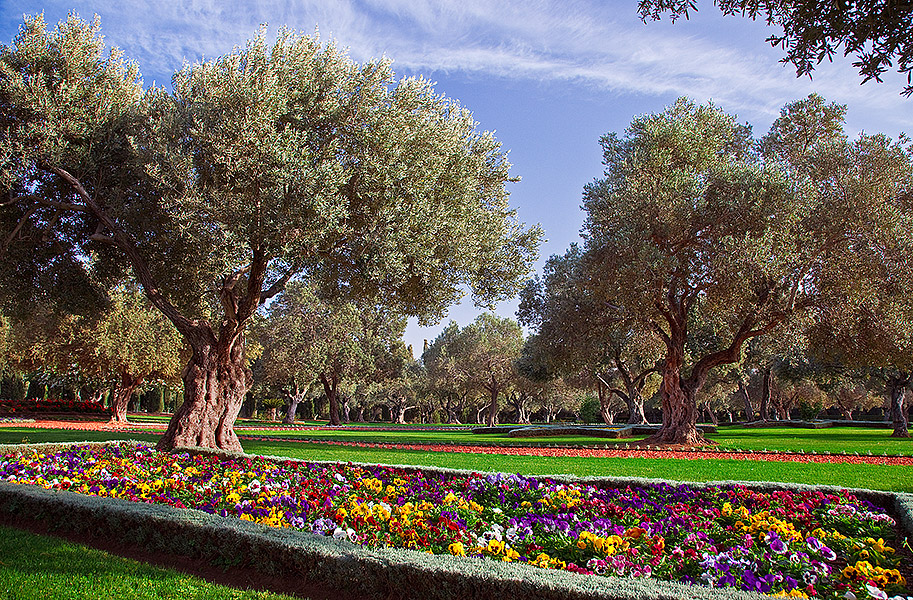 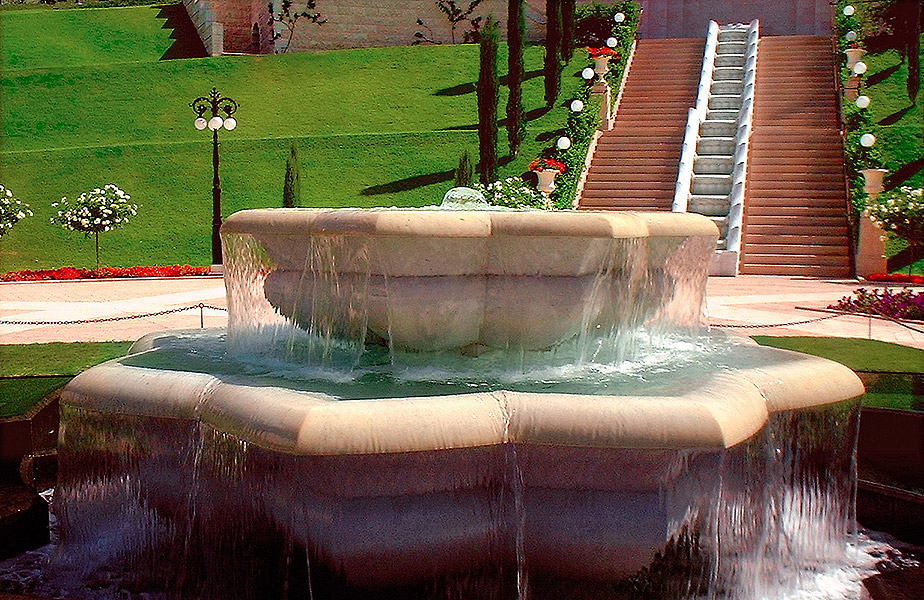 |
The quotations from the writings of Baha’u’llah collected on this website, and the reverence that Bahá’ís have for their holy places, may be better understood in light of the teachings of the Bahá’í Faith. Many of Bahá’u’lláh’s writings deal with the human soul and its journey towards its Creator. Bahá’u’lláh taught that the true reality of the individual is the soul. Unlike the body, the soul does not perish, but exists forever. After the death of the body, the soul continues to progress through spiritual worlds until it eventually attains the presence of God. During our earthly life, we cannot comprehend life after death. Bahá’ís believe that all human beings were created to know and love God and to attain His presence. The soul is a spiritual entity that has no physical existence. It is, however, so closely associated with the individual’s material existence that all our thoughts and actions have an effect on its development. Neither the essence of God nor the nature of the human soul, which emanates from God, can be comprehended. However, in order for us to know and love God, God proclaims Himself through a new Messenger in every age. Among these Messengers were Krishna, Moses, Zoroaster, Buddha, Jesus, Muhammad, the Báb, Bahá’u’lláh, and others who lived in former ages. Through the lives and teachings of these Messengers it is possible for humanity to learn more about the attributes of God – such as love, kindness, justice, and many more – and to discover how to draw closer to God. Therefore, Bahá’ís believe that it is essential to learn more about the lives of God’s Messengers, to reflect and meditate upon their Holy Writings, in which the Will of God for humanity is reflected, and to translate their teachings into action to carry civilization forward. The coming of a new Messenger of God is accompanied by the release of spiritual powers into human society, enabling humanity to achieve a higher level of spiritual and material development.
|
The principle aim of Bahá’u’lláh’s mission is the establishment of the unity of mankind. This unity is more far-reaching than an end to war and the establishment of lasting peace. It implies that all prejudices, whether based on race, ethnicity, nationality, religion, gender or class, must be overcome. The Messengers of God reveal their teachings according to the capacity of humanity. For example, it was not the principle aim of the teachings of Moses, Jesus and Muhammad to achieve the unity of mankind. In their time, humanity was neither mature enough to comprehend such concepts nor aware of all the continents of the earth to enable such a goal to become reality. It is only in this present age that humankind has become conscious of its interdependence and oneness and is beginning to approach the maturity required to understand Bahá’u’lláh’s practical and spiritual instructions; instructions humanity needs to follow if a peaceful and just global society is to be created. War, hate, fanaticism and a lack of global responsibility are causing great suffering in this world. A large proportion of humanity is still far away from the insight that we are all, as Bahá’u’lláh taught, “the fruits of one tree and the leaves of one branch.” Only when the love of God is sufficiently developed in people’s hearts, will they see God’s beauty reflected in the souls of others. Then they will feel united with one another, and the foundation of a true and lasting unity will be achieved. Such unity means that humanity will learn to appreciate and love its diversity. Far from wanting to blend all human culture into uniformity, Bahá’ís are working towards a unity in which cultural diversity is seen as an enrichment for everybody. A true Bahá’í loves the entirety of the human race, because in each and every person lies the potential to become a shining gem of divine qualities. Only the Word of God has the power enshrined within it to bring about such a profound transformation in our basic attitudes towards one another.
| 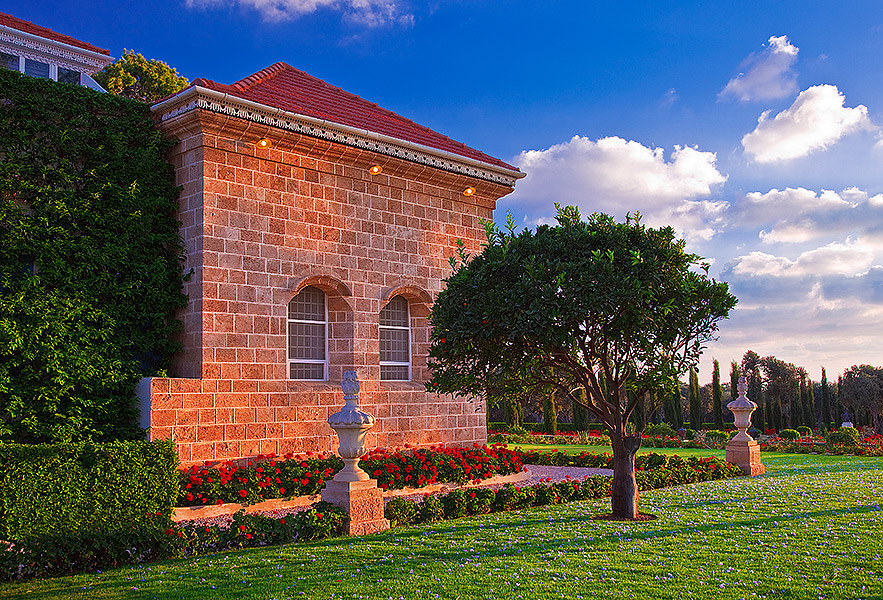 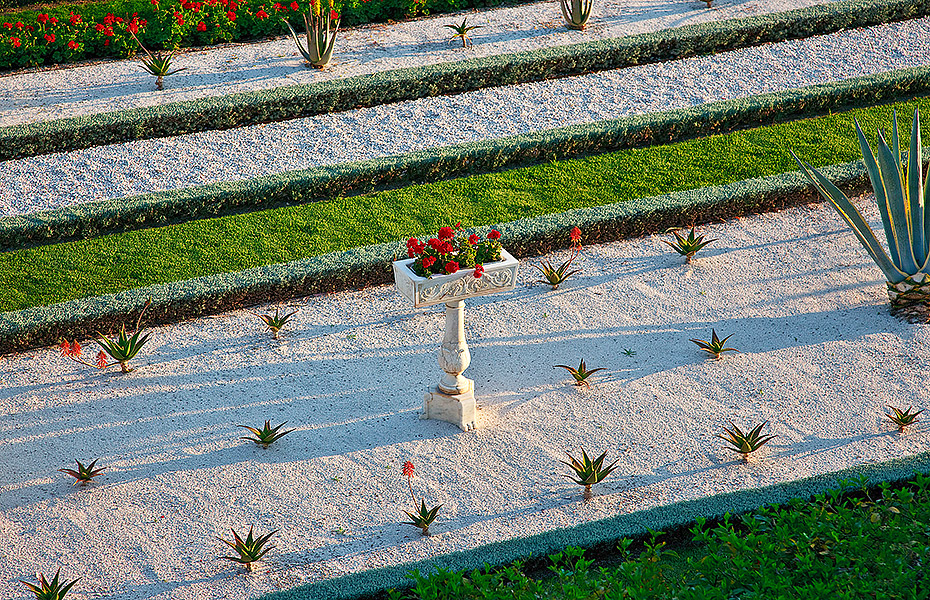
|
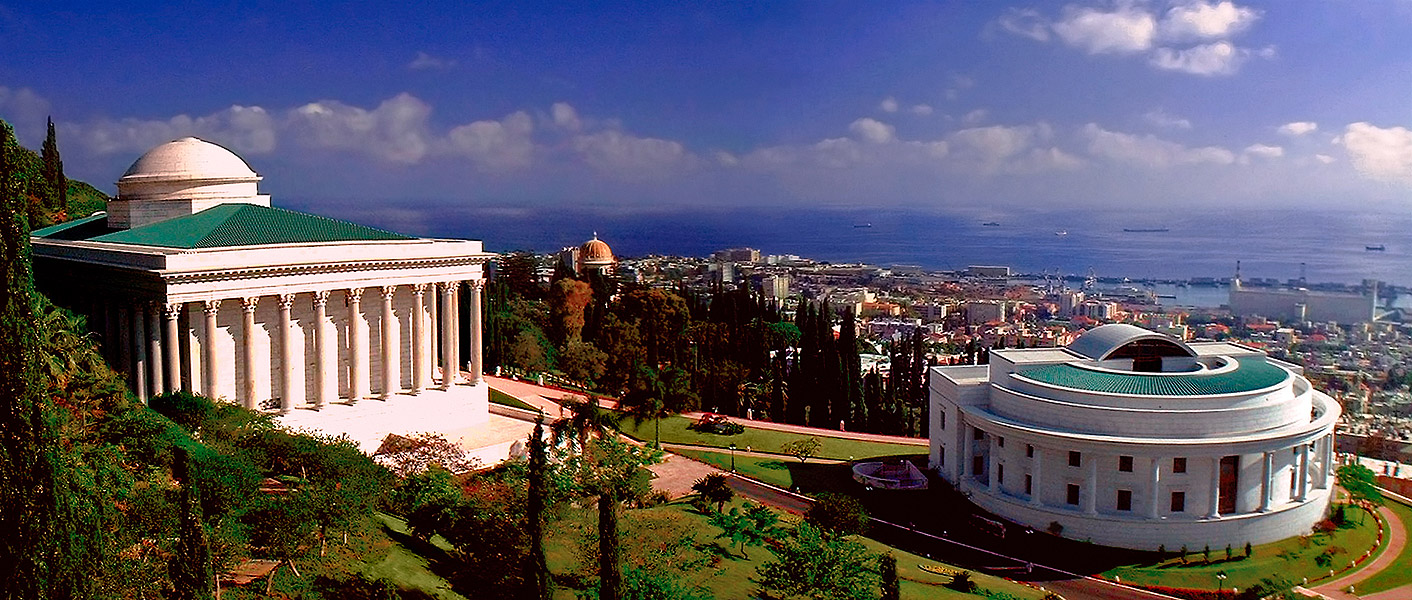 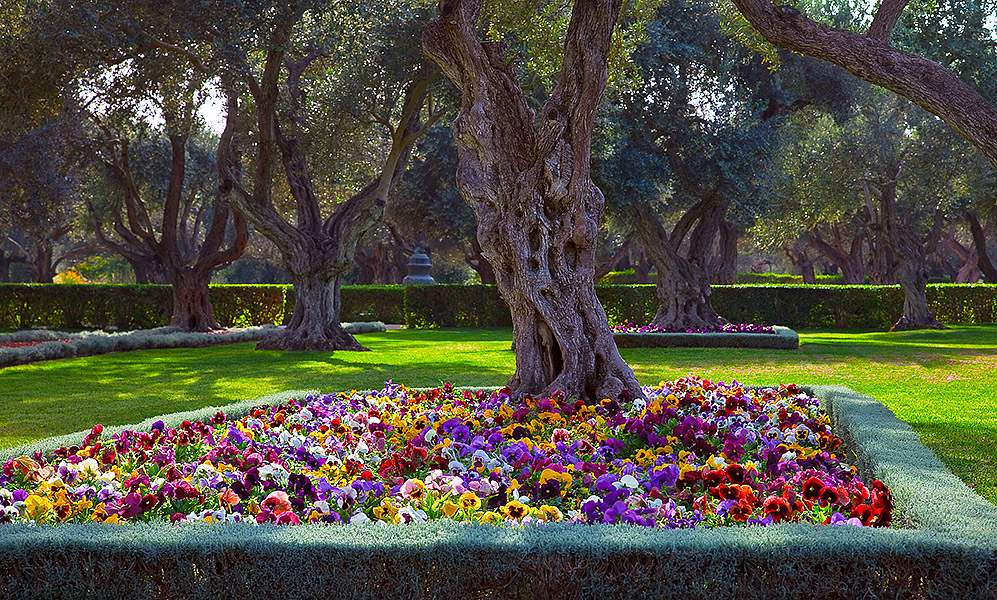
|
Bahá’ís believe that the primary task of the individual is to attain nearness to God. Bahá’u’lláh explained in His writings that nearness to God entails a constant striving for the acquisition of divine qualities and virtues such as love, mercy, justice, sincerity, generosity, knowledge, detachment, humility, patience and trustworthiness. Just as the embryo in the womb develops the limbs and organs it will use in this material life, so should we develop divine attributes which we will need in the non-material stage of our life, after the death of our bodies. Furthermore, we should give God’s Will – as expressed in the writings of the Divine Messengers – priority over our own ego. On the journey towards God, we are aided by prayer, meditation and reading the Holy Writings. Bahá’u’lláh has revealed a wide range of prayers. They help us to converse with God. Prayer is like a ladder that leads our souls towards God. Praying and reading the Holy Texts every day help us to keep sight of our true purpose and destiny. Detachment from worldly things is an essential step in our spiritual development. Bahá’ís believe that detachment does not mean that we should cease to deal with this world. Rather, detachment and selflessness are demonstrated by our service to humanity. How, for example, can the virtue of kindliness be developed if we fail to care for other human beings? What matters is that the heart should not become bound to this material world. If it does, the world becomes a barrier between the soul and God. Bahá’u’lláh wrote, “Happy is he whom riches fill not with vainglory, nor poverty with sorrow.”
|
A central principle of the Bahá’í Faith is the oneness of religion. Bahá’u’lláh taught that there is only one God, Who is the source of all religions. The followers of every religion must, therefore, meet in a spirit of love and with complete respect for each other. Since the Messengers of God all manifest the same, eternal God, Bahá’ís view them all “as one soul”. They have the remedy for humanity’s problems. Bahá’u’lláh refers to these Messengers as “Manifestations of God” because in them the qualities and the will of God are manifested. Like mirrors that reflect the rays of the same sun, the Manifestations reflect the light of the one God for humanity. Therefore, Bahá’ís recognize and exalt not only Bahá’u’lláh, but all the Manifestations of God. Religions, despite their common spiritual origin, have different social and practical teachings because each Manifestation of God reveals teachings designed to meet the needs of His time. Bahá’u’lláh writes that every age has its own problems and that “the remedy the world needeth in its present-day afflictions can never be the same as that which a subsequent age may require.” The purpose of religion is to create unity and concord among the peoples of the world. But blind fanaticism and human misinterpretations of their Messengers’ Sacred Writings can make religion a source of hate and enmity. Thus, in every age God sends a new Manifestation to humanity to liberate it from the gradual growth of superstition and fanaticism and to lead it back to the true Faith of God.
| 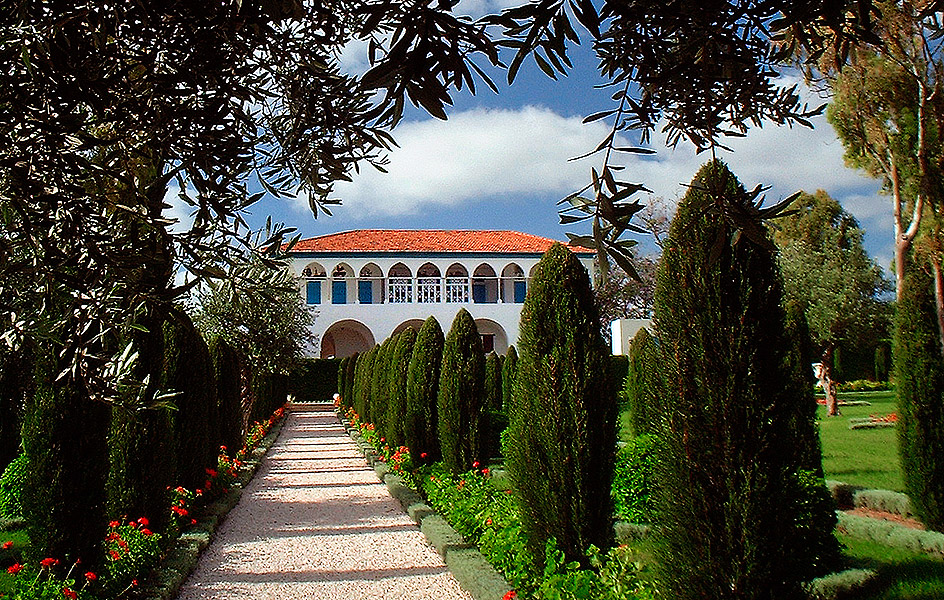 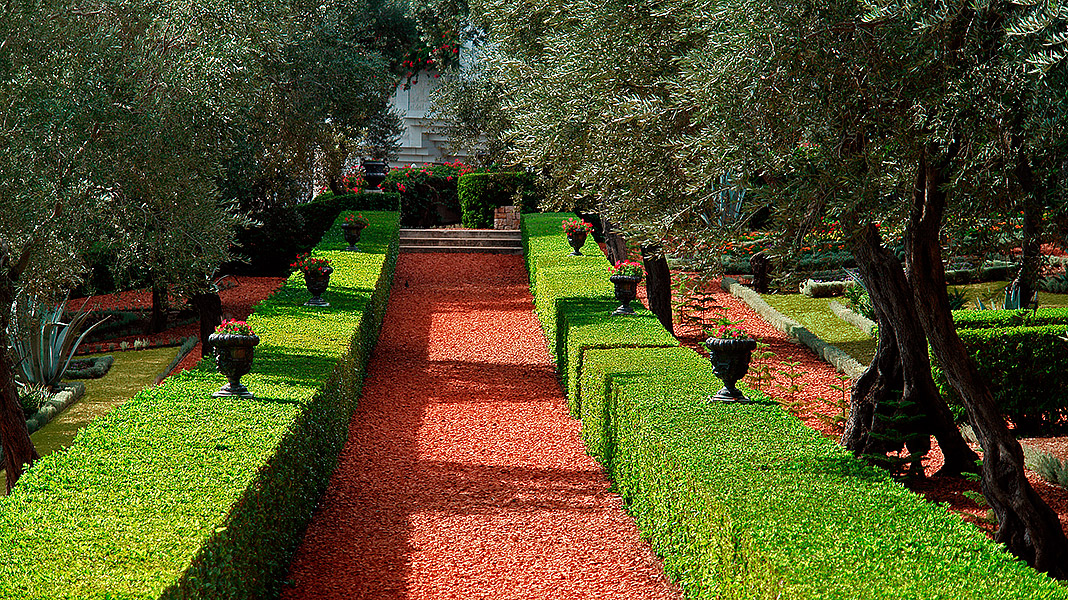
|
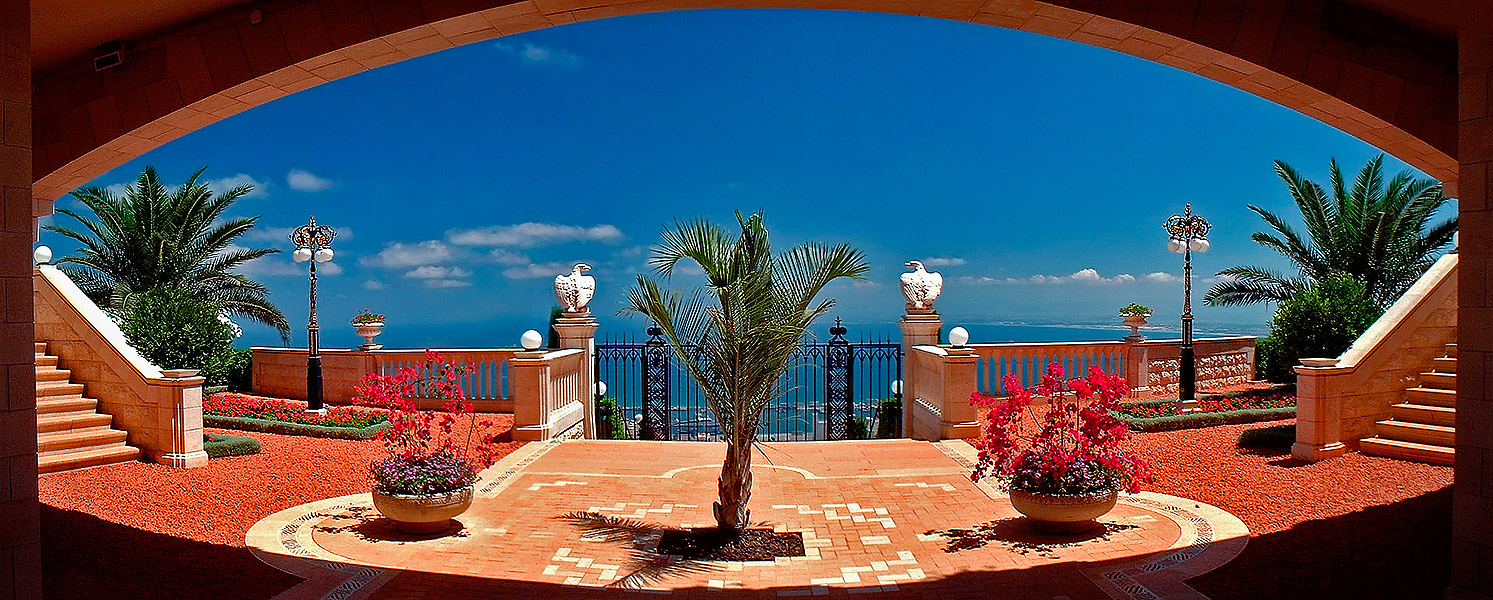
|
Bahá’u’lláh attributed great importance to the independent and unbiased search for truth. Every individual is encouraged to decide freely whether he or she wants to embrace a religion. This prevents children and youth from embracing their parent’s religion without really comprehending it. Bahá’ís believe that true religion and true science do not stand in contradiction but are instead complementary in nature. A society with religion but lacking science sinks into superstition; a society endowed with science but bereft of religion ends in sheer materialism. Thus religion and science are equally necessary for the development of humanity. Bahá’u’lláh taught a wide range of principles that, when applied, will help humanity achieve its true destiny. These include the attainment of equality between men and women, the achievement of universal education, the elimination of poverty and famine, and the introduction of a universal language beside the mother tongue.
|
Despite imprisonment, torture and persecution, Bahá’u’lláh continued to claim to be the Manifestation of God for this age. Consequently, He was obliged to spend most of His life in exile. In 1868, following many years of banishment in Baghdad, Istanbul and Edirne, Bahá’u’lláh was finally exiled to ‘Akká – regarded at the time as one of the worst prison cities in the Turkish Empire. Today, the spiritual and administrative centre of the worldwide Bahá’í community is located in Bahjí and Haifa, not far from ‘Akká. With love and devotion, Bahá’ís have created magnificent gardens that surround these holy sites. Every year, thousands of Bahá’ís from all over the world make a pilgrimage to the Holy Land to pray and meditate in the Shrine of Bahá’u’lláh and in that of His forerunner, the Báb. The Bahá’í gardens not only provide dignified surroundings for the Shrines of the Báb and Bahá’u’lláh; they also help both pilgrims and visitors to experience precious moments of meditation and inner peace.
| 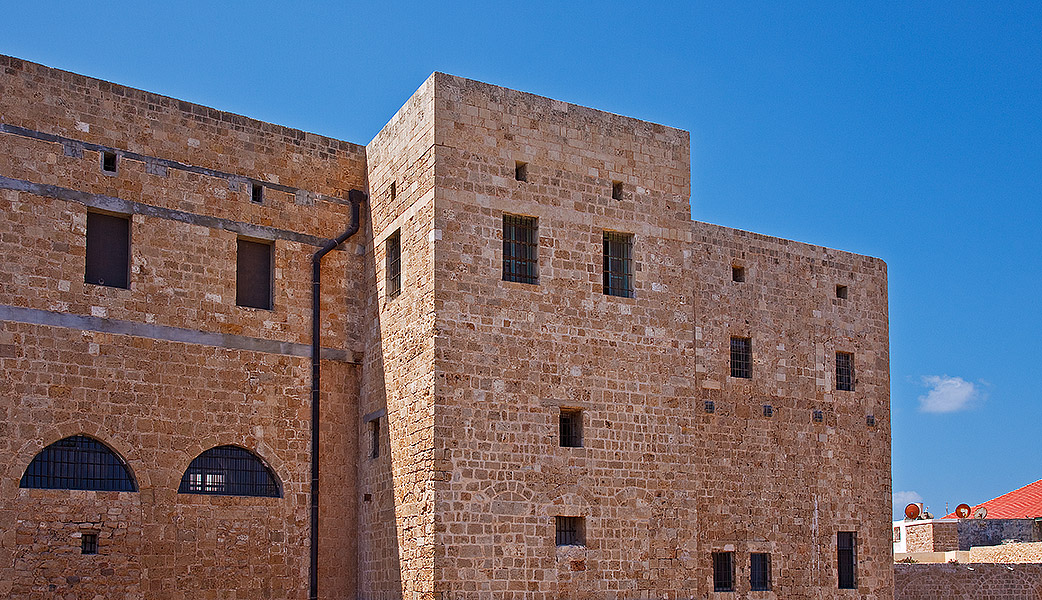
|
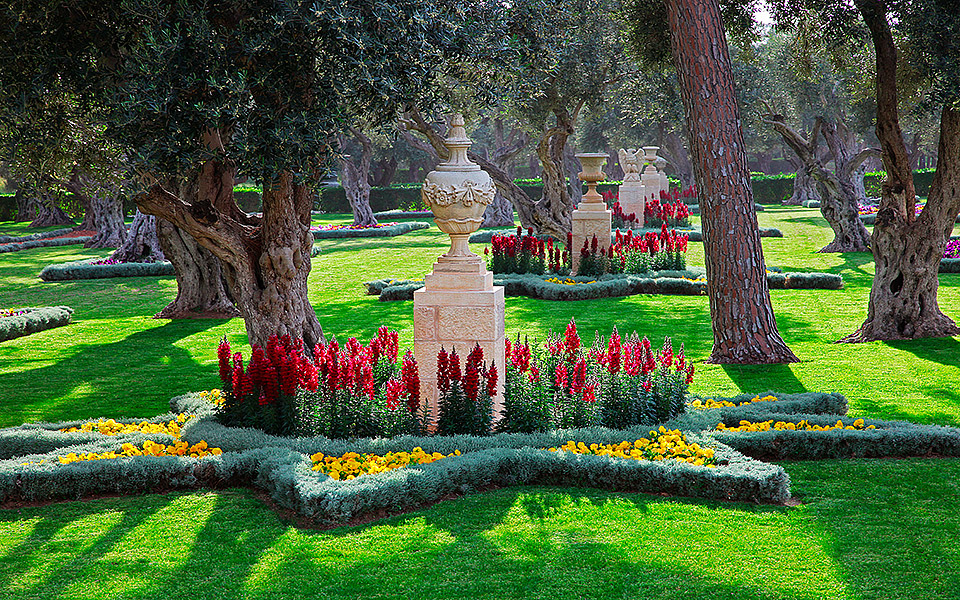
|
Next to the photographs of this website you will find excerpts from the Bahá’í Holy Writings. These passages have been gleaned from the numerous texts which Bahá’u’lláh, the mouthpiece of God, has left to posterity and which form the cornerstone of the Bahá’í Faith. Bahá’u’lláh’s writings contain God’s loving guidance for the people of today. You will also find quotations by ‘Abdu’l-Bahá, the son of Bahá’u’lláh.
For more information about the Bahá’í Faith, please visit www.Bahai.org. You are now invited to immerse yourself in a visual journey to the Bahá’í Holy Places in the Holy Land.
|